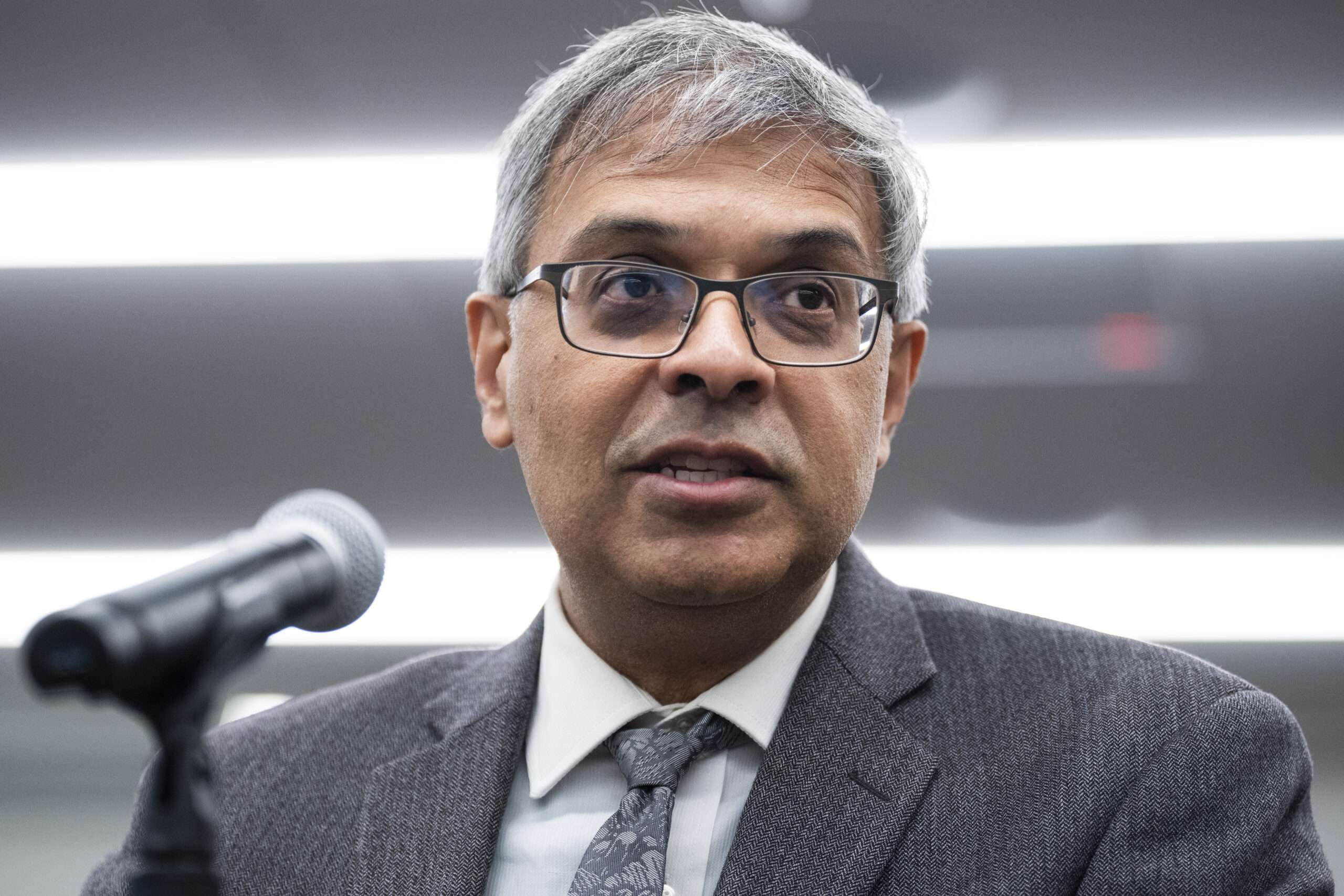Dr. Jay Takes Center Stage
President-elect Donald Trump’s nomination of Stanford University professor Jay Bhattacharya to head the National Institutes of Health (NIH) marks a significant shift in the federal health landscape. Bhattacharya, a medical doctor and respected researcher in health and economics, gained prominence during the COVID-19 pandemic for his outspoken criticism of lockdowns, mask mandates, and coercive vaccine policies. He is known for co-authoring the controversial Great Barrington Declaration, which called for a strategy focusing on protecting vulnerable populations rather than imposing broad societal restrictions. His nomination could lead to a reevaluation of public health strategies in the face of past government policies that dismissed alternative views and sought to suppress dissenting voices.
The Great Barrington Declaration sparked considerable debate upon its release in October 2020, drawing ire from key public health figures. NIH Director Francis Collins described the authors as “fringe epidemiologists,” highlighting the defensive posture that many public health officials adopted against critics of the prevailing pandemic response. Collins’ reaction exemplified the broader tendency to quash dissenting perspectives rather than engage in meaningful discourse. Bhattacharya also faced backlash on social media due to coordinated efforts by federal officials to limit the reach of alternative viewpoints during the pandemic. Now, as he transitions from critic to leader of the NIH, Bhattacharya’s appointment can be viewed as a potential victory for those advocating for a more open examination of public health policies.
Moreover, Bhattacharya’s nomination carries significant implications for funding practices around gain-of-function research, particularly concerning investigations into the origins of COVID-19. Collins and NIAID Director Anthony Fauci were staunch proponents of gain-of-function research that augments viral traits to facilitate predicting and countering future pandemics. The controversy surrounding NIH-funded research in Wuhan, China, intensified following suggestions that these studies may have played a role in the origins of COVID-19. Despite such claims being labeled as fringe by Fauci, there are growing concerns around the ethicality and safety of these projects. Bhattacharya, being critical of this type of research in the past and an advocate for more stringent oversight, may usher a new era of transparency and caution in how the NIH allocates funds to similar studies.
In a broader context, Bhattacharya’s confirmation could foster a climate where agencies like the NIH are more amenable to public scrutiny and rigorous examination of their funding approvals. Advocacy for greater accountability regarding gain-of-function experiments may also shift the research paradigm towards safer practices. Recent investigations led by Congress and media have been instrumental in uncovering details surrounding NIH-supported research, illuminating the need for more transparency, which Bhattacharya has corroborated in his stance. His leadership could entail clearer communication regarding NIH-funded projects and their potential risks, ensuring public confidence in government health initiatives.
On a separate note, there have been developments in international affairs, particularly concerning the ceasefire between Israel and Hezbollah. Brokered by the U.S. and France, this agreement seeks to halt hostilities in southern Lebanon, with the hope that Israeli forces will gradually withdraw, allowing the Lebanese army to reclaim control of vacated territories. This ceasefire, however, does not extend to the ongoing conflict in Gaza, which remains a critical issue. The geopolitical complexities underpinning these conflicts further showcase the challenges facing both regional and global peace efforts.
In a lighter vein from U.S. politics, President Joe Biden honored the tradition of pardoning a turkey for Thanksgiving, a ceremonial act that has become part of the holiday’s cultural fabric. While such practices are often seen as quaint, some have called for a shift towards pardoning individuals unjustly imprisoned, thereby addressing more serious societal issues alongside these lighter moments. As discussions around health, research, and international relations unfold, these narratives remind us of the multifaceted dynamics that shape both domestic and global landscapes.
Share this content:












Post Comment